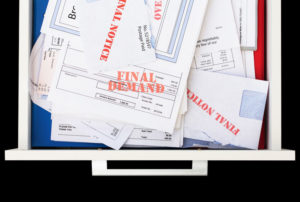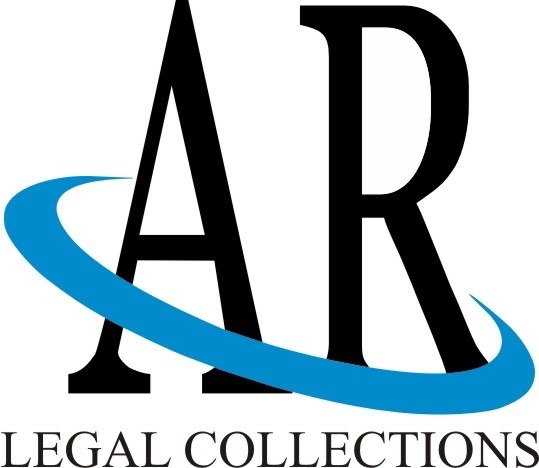 The use of charging orders has often been the subject of much debate by debt collectors in the UK debt recovery industry. The number of charging orders applied for has grown in recent years and, in the past, the Citizens Advice Bureau has suggested that charging orders have been used to encourage people in debt to pay more than they are able to afford.
The use of charging orders has often been the subject of much debate by debt collectors in the UK debt recovery industry. The number of charging orders applied for has grown in recent years and, in the past, the Citizens Advice Bureau has suggested that charging orders have been used to encourage people in debt to pay more than they are able to afford.
Charging orders are a method used to secure the payment of a debt. This means that a previously unsecured debt is secured on the property of the debtor. The process of obtaining a charging order is carried out through the courts where applications can be made in circumstances where the debtor has defaulted on the terms of a CCJ already issued on the debt.
Although the use of a charging order might seem like a good way to ensure that a debt will be repaid, there are many factors to take into account before applying to the court. One important consideration is the cost associated with the process. If the amount owed is too small, perhaps less than £2,500, then the charging order fees and other court costs that are associated might add up to as much as the debt.
The number of creditors with a prior charge should also be considered. If there are more than one or two prior charge holders, then the possibility arises that nothing will be gained when the property is sold or remortgaged. The value of the property and the amount of equity are also important factors. There needs to be enough value in the house to cover all of the outstanding debts.
However, ultimately, charging orders exist for a purpose and, in the right circumstances, they can be a useful mechanism for ensuring an outstanding debt will eventually be repaid.
